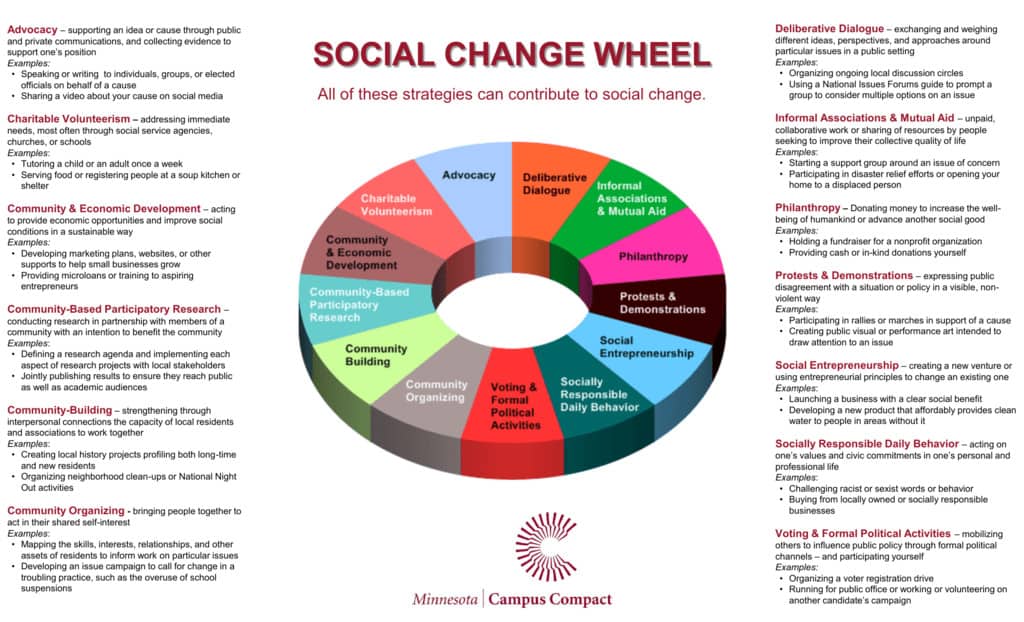The Death of George Floyd has sparked outrage and strong emotions. Anger. Anxiety. Frustration. Horror. Fear. Emotional Rawness. Repeated images and stories on social media replaying disturbing images of Floyd, an unarmed Black man with his face to the pavement while Chauvin, a White police officer knelt on his neck for nearly nine minutes, was not only disturbing but triggering. My heart goes out to Floyd’s family who not only lost a beloved member of their family but learned about the details of his traumatic death in such a horrific way.
We stand in solidarity with the Black community. Therapists play an important role as allies and agents of social change and our therapists at CARE Counseling are committed to making a positive impact in the community. According to the American Counseling Association’s Code of Ethics, when appropriate, counselors advocate at individual, group, institutional, and societal levels to address potential barriers and obstacles that inhibit access and/or growth and development of clients.
Many people, including our former presidents, are speaking out related to
george-floyd-protests/ “No one deserves to die the way George Floyd did, and the truth is, if you’re White in America, the chances are you won’t”– Bill Clinton. Obama is urging for “real change” and calls for police reform. “It is time for America to examine our tragic failures”–George W. Bush “We need a government as good as its people and we are better than this.” –Jimmy Carter.
Social change involves shifts in attitudes, values, and actions. To start, we need to reflect inward and examine biases and judgments. Our collective voices have power, especially as they come together in peace and unity toward a common goal.
Where do we start?
Giving, advocating, and volunteering our time, talents, and resources are great action steps.
A helpful visual tool is the Social Change Wheel which is a beautiful illustration of the important roles one can take to promote social change. I really like this wheel because it symbolizes movement. I also like this illustration because it is an ongoing effort as wheels won’t continue to move without momentum.
Advocacy. Charitable volunteerism. Community & Economic Development. Research. Community Building. Community Organizing. Deliberate Dialogue, Informal Associations & Mutual Aid. Philanthropy. Protests & Demonstrations. Social Entrepreneurship. Socially Responsible Daily Behavior. Voting & Formal Political Activities. These all can contribute to social change.




